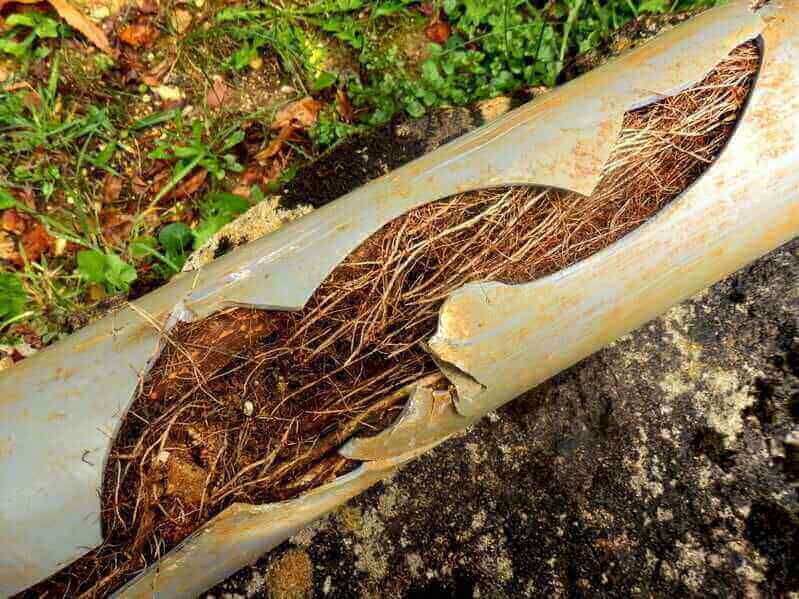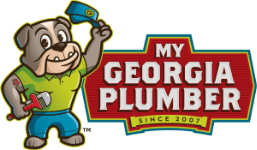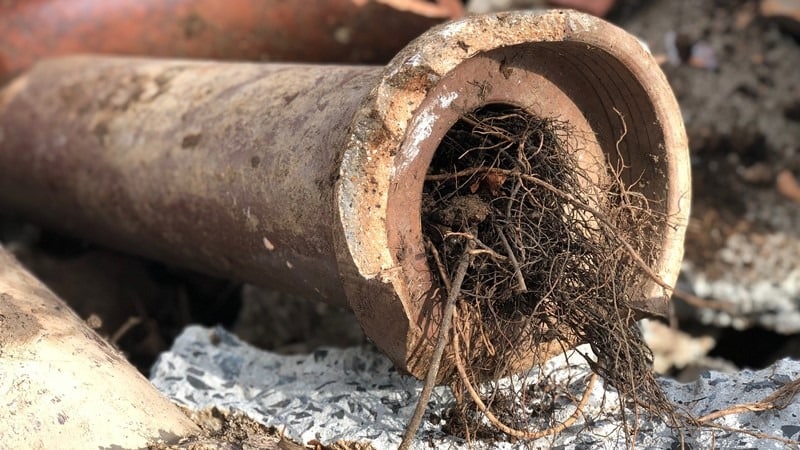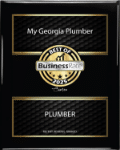
From Grease to Roots, Here’s Why That Slow Drain Keeps Coming Back
You’ve tried the baking soda and vinegar.
You’ve plunged like a pro.
You may have even poured some store-bought drain cleaner down the pipe.
And yet—the drain’s still slow. Or worse—it backs up again the minute you think it’s fixed.
If this sounds familiar, you’re not alone. At My Georgia Plumber, clogged drains are one of the most common service calls we get. And in most cases?
DIY methods only treat the symptom—not the actual cause.
Let’s break down what’s really lurking in your drains, why home remedies usually don’t work, and how to finally get your plumbing flowing for good.
What Causes a Drain to Clog (and Keep Clogging)?
Clogs usually fall into two categories:
-
Localized clogs in a single sink, tub, or drain
-
Deeper blockages in your main line or sewer system
Here are the most common culprits:
-
Grease, Fat, and Oil
Even if you rinse with hot water, grease solidifies over time—coating your pipes and trapping debris like a sticky net. -
Hair and Soap Scum
Bathroom sinks, tubs, and showers collect hair, which binds with soap residue just past the drain—often out of reach of DIY tools. -
“Flushable” Wipes
Despite the label, they don’t break down like toilet paper. They’re a major cause of clogs in both residential and municipal plumbing systems. -
Tree Roots
One of the most common causes of recurring clogs—especially if multiple drains are backing up. Tree roots can invade your main line, expanding through tiny cracks and creating severe blockages. -
Collapsed or Misaligned Pipes
Older homes or shifting foundations can lead to cracked, sunken, or misaligned piping—issues that no plunger can fix.
Why DIY Drain Cleaning Doesn’t Work Long-Term
DIY drain solutions might offer temporary relief—but they don’t address the root cause. Here’s why:
-
Chemical cleaners can corrode your pipes and shorten their lifespan
-
Store-bought snakes rarely reach deep enough to clear full blockages
-
Most DIY methods punch a small hole through buildup rather than removing it
-
You’re addressing the symptom, not the underlying problem
If your drains clog more than once a year—or if multiple drains are affected—it’s time for a professional inspection.
How We Find and Fix the Real Problem
At My Georgia Plumber, we don’t rely on guesswork—we rely on diagnostics.
Camera Inspections
We use high-resolution cameras to inspect your drain lines, pinpointing the clog’s location, cause, and severity.
Hydro Jetting
For serious buildup or root intrusion, we use high-pressure water jets to thoroughly clean your pipes—without damaging them.
Professional Snaking and Augering
For localized clogs, we use commercial-grade equipment to reach deeper and remove the entire blockage.
Repairs and Replacement
If we discover pipe damage, we’ll provide clear repair or replacement options with transparent pricing and long-term solutions.
Common Signs You Need Professional Drain Service
-
Gurgling sounds in sinks or toilets
-
Water pooling around floor drains
-
Multiple slow or clogged drains
-
Frequent use of plungers
-
Sewage odors from drains or yard
-
Water backing up into tubs, showers, or laundry areas
These are red flags—especially if the issue keeps coming back. The sooner you act, the easier it is to fix.
Let’s Get to the Root of the Problem—Literally
Clogged drains are more than an inconvenience—they’re warnings.
Ignoring them can lead to water damage, health hazards, and costly repairs.
Call My Georgia Plumber today or schedule a drain inspection online.
We’ll locate the cause, clear it fast, and put an end to repeat clogs—for good.














